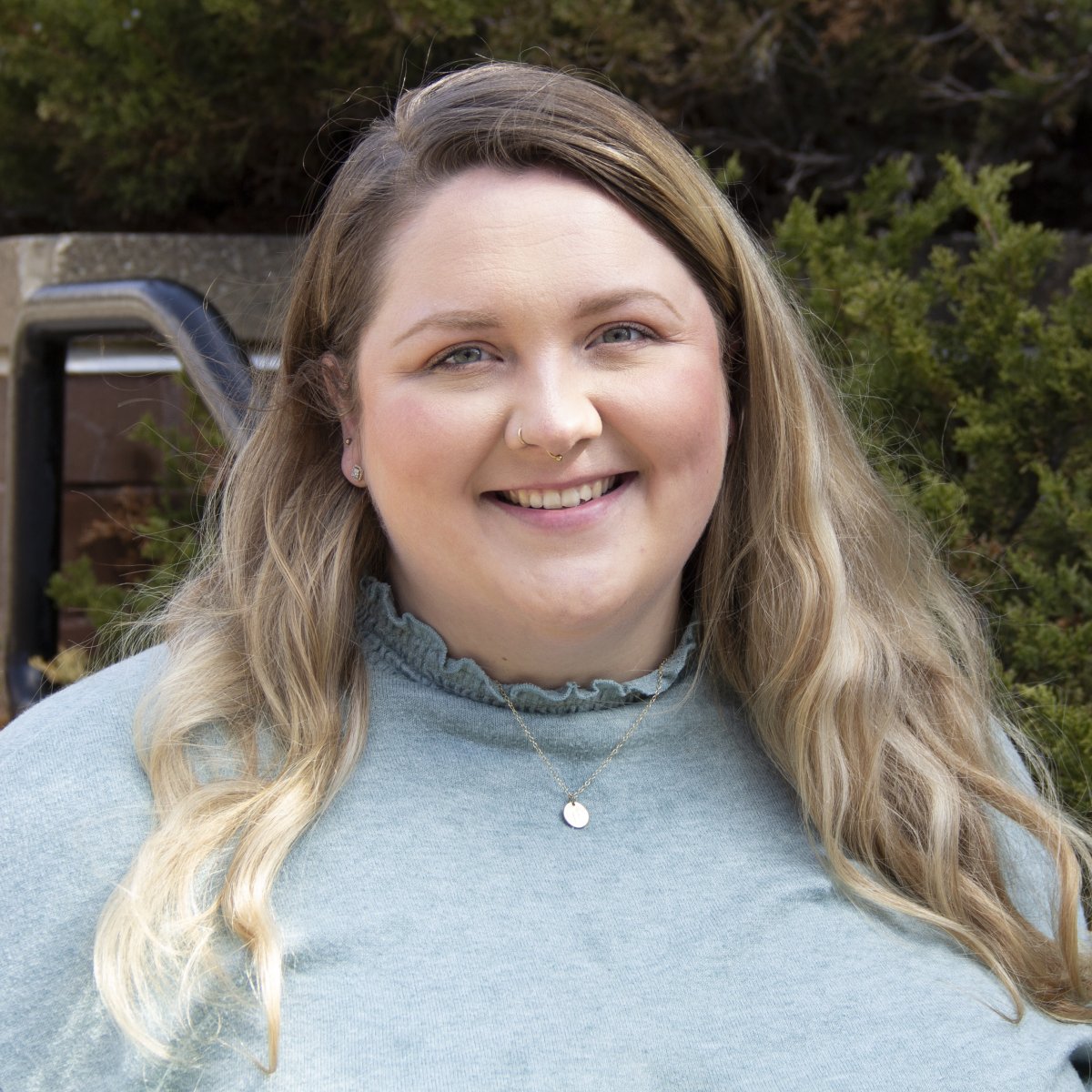Clean up waste and support gender equity

Phoebe Edalatpour, a student in the Master’s Sustainable Development Program, has won the 2022 Acara Challenge for her project to transform waste and catalyze gender equity in Sierra Leone. She developed a plan to bring a plastics recycling plant to remote villages of Sierra Leone, where she once worked as a Peace Corps volunteer.
Phoebe inherited her name from her grandmother, and her spirit for service is rooted in a long-held family value. Her parents emphasized that not everyone had the opportunities that she did and involved her early in service to neighbors in her hometown of Philadelphia. When Edalatpour graduated from high school, she enrolled at Georgia Tech as a medical engineering major, determined to make her contribution to the world. In her first year of college, she traveled overseas for the first time on a project with Engineers Without Borders. Her destination was Cameroon. She went abroad three more times as an undergraduate—once to South Africa and twice to Ghana.
Those two trips to Ghana changed Edalatpour’s view on engineering. The project she worked on there was to build a low-tech, human-centered water delivery system. It needed to be easy to maintain and needed to last for years and years. The emphasis of that project was service to the community, not the technical engineering. This experience led Edalatpour to consider the application of her engineering skills to meet real, daily needs of a specific community. It inspired her to switch her major to Civil Engineering.
After earning her bachelor’s degree in Civil Engineering, Edalatpour spent a year with the Peace Corps in Sierra Leone as a women’s health worker. She noticed then the lack of recycling, the plumes of black smoke that rose from the pits where the waste was burned. She noted, too, that the work of taking the trash to the pit and burning the trash fell to the women, exposing the women to greater health risks.
Edalatpour returned to Georgia and took a job in the construction industry, but she could not shake her desire to be useful in a more fundamental way. She determined to re-orient her career toward environmental engineering, which led her to UMN’s Master’s Sustainable Development Program (MSDP). “Of course I thought it was a good decision when I came to UMN, but each week moments come up that convince me the MSDP is the right place for me.”
MSDP is offered through the Department of Civil, Environmental, and Geo- Engineering in partnership with the University’s Acara program. The MSDP is designed for students concentrating in Environmental Engineering or Water Resources Engineering. The innovative program involves two semesters on campus plus a nine-month project abroad. Students are supported through their classes and mentors, but the onus of identifying an interesting opportunity as part of the Master’s Sustainable Development Program is on the student. For her project, Edalatpour developed a plan to address problems she had seen in Sierra Leone.
She formed an organization called Wi Yone Plastik (translates to “Our Own Plastic”), designed to establish a recycling pathway for plastics and to funnel economic and health benefits to women in rural Sierra Leone. Wi Yone Plastik implements community level, female-run plastic collection services that work in conjunction with local recycling centers to convert plastic waste into building materials like bricks and tiles. Edalatpour took on the role of Development Director and enlisted some local partners, Rebecca T. Gbessay, who is the Program Manager Community Outreach, and Swahibu Koroma, the Program Manager Technical Operations. The project has been well-planned to build local buy-in and transition to local control.
Edalatpour arranged the project in two phases. The first is establishing a plastics waste collection path in four villages. Once collected, the plastic will be sent to established processing centers, now located in Sierra Leone’s three largest cities. The second phase will be to establish a processing center to turn the used plastic into building materials. Residents of the small villages favor having one of these plants with its economic advantages close to their rural villages.
The work Edalatpour has done impressed the Acara Challenge judges who awarded her the gold prize. Funder have also endorsed her work: phase one is 100% funded, and phase 2 is 80% funded. Edalatpour leaves for Sierra Leone in June and will remain there for nine months. “I am excited to get started!” she said.
The Recycling Process
- Plastic collection
- Collected plastic is melted at the plant, not combusted in the villages, which greatly reduces toxic smoke and women’s exposure
- The melted plastic is mixed with sand and shaped into building pavers and bricks
- Building materials are sold to government contractors